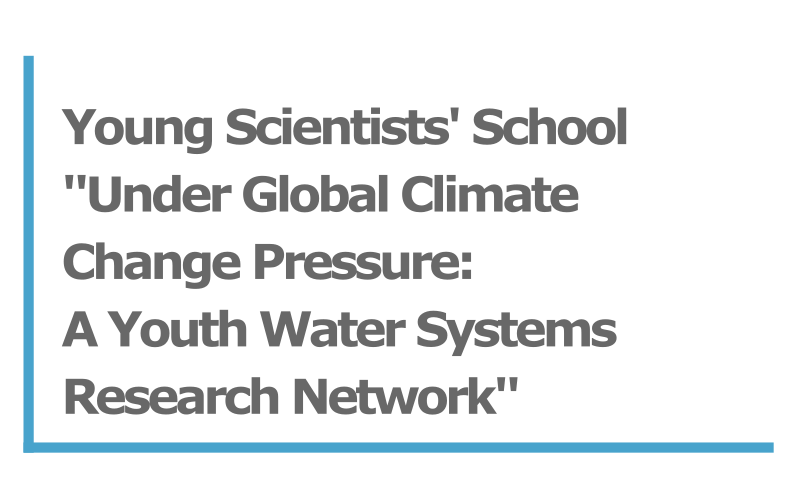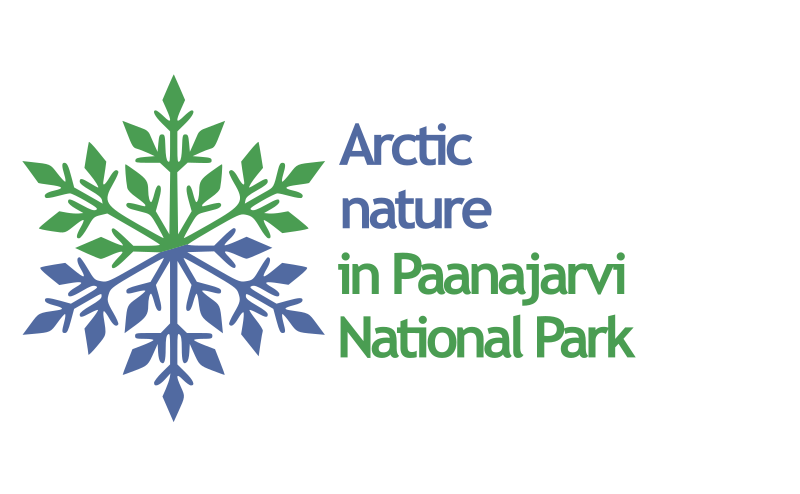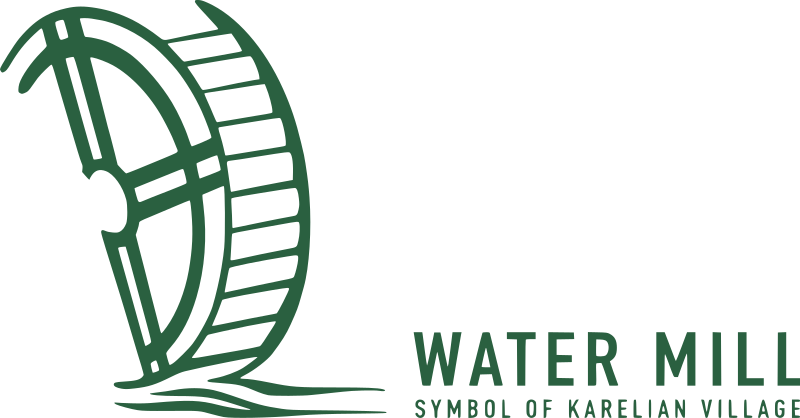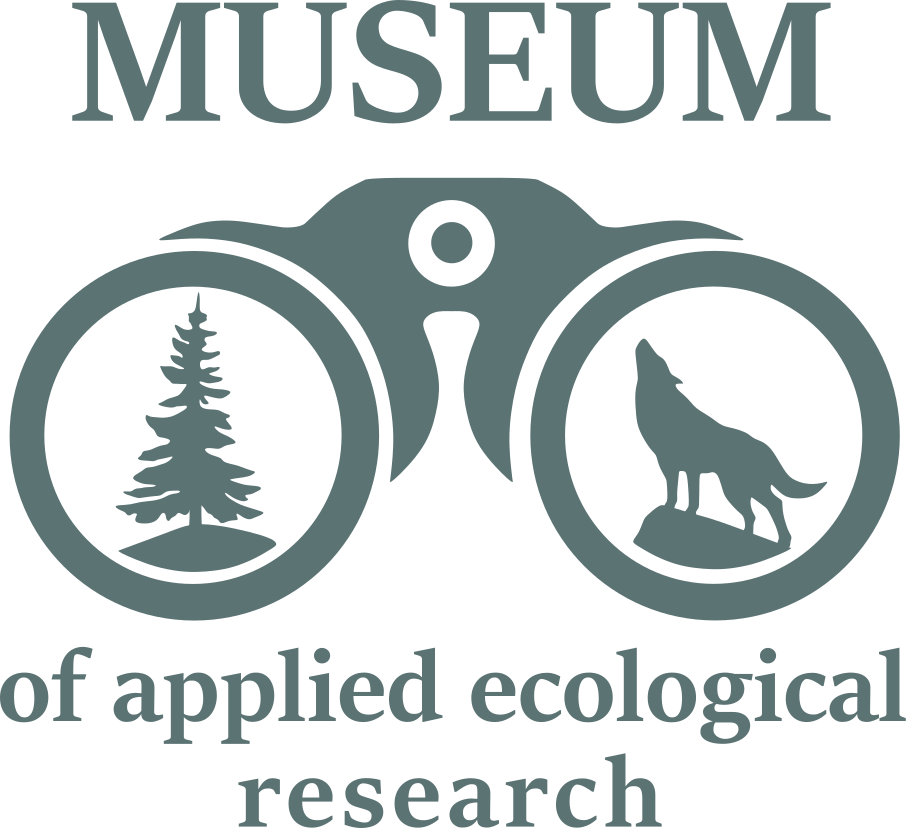




On May 19, 2017 Karelian Research Centre RAS hosted the workshop “Practical opportunities for cooperation in the Barents Region” within the International Summer School in Karelia (ISSK 2017) “Perceptions of the Arctic and Barents Sea Region”. The School was co-organized by Petrozavodsk State University, University of Lapland, and Aleksanteri Institute at the University of Helsinki. The organizers of the workshop were North-Centre and Karelian Research Centre of the Russian Academy of Sciences.
The International Summer School in Karelia “Perceptions of the Arctic and Barents Sea Region” took place at the Petrozavodsk State University on May 15 to 19. Its participants were students and professors of the Petrozavodsk State University, University of Helsinki and University of Lapland (Finland).
Over 30 participants of the summer school discussed pressing issues of development of the Arctic and Barents Sea Region, aspects of the history and international relations in the region, the various perceptions of problems existing in the High North maintained by different stakeholders – nations, regional authorities, indigenous peoples, NGOs and business actors.
This year lectures within the Summer School were given by professor at the University of Lapland Faculty of Social Sciences Lassi Heininen, Director of Education at the Aleksanteri Institute Tapani Kaakkuriniemi, PhD students at the University of Helsinki Halmi Salonen and Jussi Huotari, Deputy Minister of Economic Development and Industry of the Republic of Karelia Dmitry Kislov, members of the Department of World History, Political Science and International Relations at Petrozavodsk State University Ilya Solomeshch and Anton Lapshin, Research Fellow of the Institute of Economics KarRC RAS Ekaterina Shlapeko.
The workshop “Practical opportunities for cooperation in the Barents Region” included in the Summer School was organized in the form of a game simulating the preparation of a project application. Teams were challenged to produce an application for a Barents Region development-oriented project following the given ‘competition’ requirements. They presented their applications to the ‘selection committee’ appointed by the ‘sponsor’ of the winning projects. In the end, the winner was chosen and awarded a prize.
According to the Representative (ad interim) of the Russian Ministry of Foreign Affairs in Petrozavodsk Daniel Martsenyuk, who chaired the ‘jury’ of the project competition, this exercise can help students gain practical skills for working in the sphere of international cooperation, and will be highly beneficial for all soon-to-be political scientists, international relations officers and historians who have participated in this summer school.